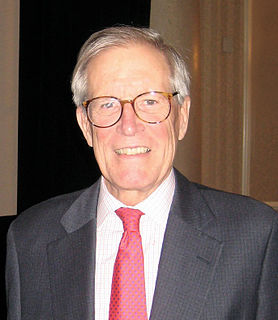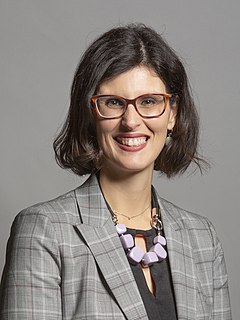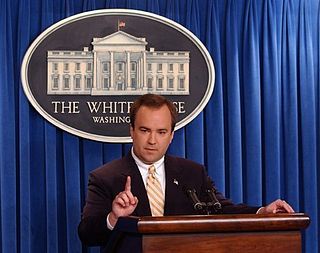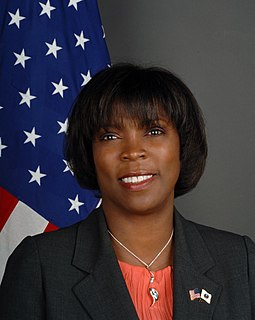A Quote by Tom Vilsack
During a national crisis, we as a nation become a single community and no one should take advantage of a crisis.
Related Quotes
We continue to go from crisis to crisis, whether it is electricity or whether it is gas prices. We need comprehensive solutions, not patchwork crisis management. We wouldn't be in this situation today if Senate Democrats weren't holding up the national energy plan that the president proposed back in May of 2001.
This is the first global crisis that doesn't start in poor countries and it was caused by the rich countries. So it's necessary to take advantage of this crisis - the financial system has to be regulated. It's necessary that the central banks in the world should control a little bit the banks' financing, because they cannot bypass a certain range of leverage. And I believe that there's no other - more any reason for a G-8 group or any other "G." I believe that we should guarantee that the G-20 should be now an important forum to discuss the major economic issues of the world.
... it is not a crisis of our environs or surroundings; it is a crisis of our lives as individuals, as family members, as community members, and as citizens. We have an 'environmental crisis' because we have consented to an economy in which by eating, drinking, working, resting, traveling, and enjoying ourselves we are destroying the natural, god-given world.
Not everyone is sold on crisis consultants. Linda Gray, assistant vice president and director of news and information at the University of Central Florida in Orlando, says that to a certain extent, the worse the crisis, the closer to home you should deal with it. .. You ought to be dealing with the crisis, not explaining things to somebody else.


































